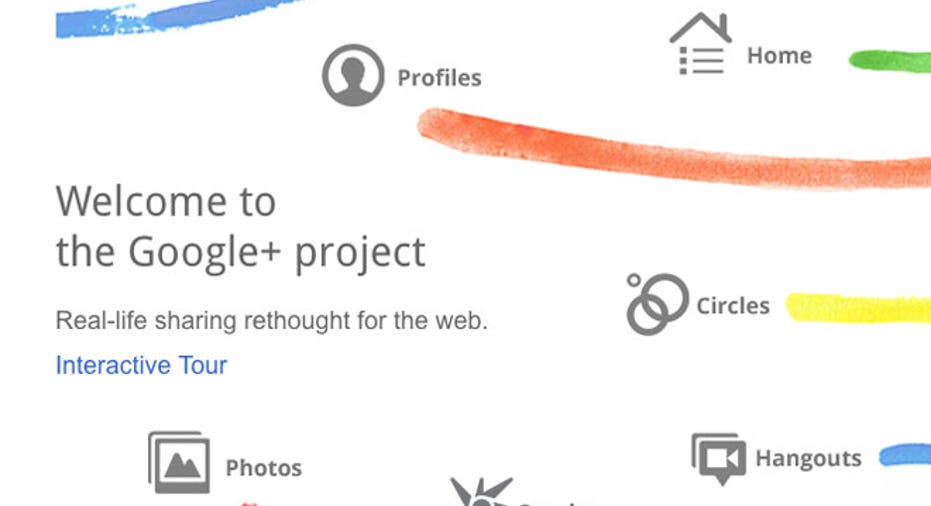Google+ Is Game Makers' Facebook Hedge

Seven hundred fifty million. Twenty-five million. That is the difference between Facebook members and Google+ users. And yet, with the launch of games on Google+ last week, big-name companies like Electronic Arts and Zynga lined up to publish titles there. With such a tiny slice compared to Facebook's huge pie, what brought them to the fledgling network? The future. Or fear of being left out of Google's version of it.
Keep up with the latest in technology with the FOX Business Tech Facebook page.
On the plus side of Google, it took few resources to port these Flash-based games from Facebook to Google+. And the revenue split was very favorable to publishers, with Google's take only being 5% compared to Facebook's 30%. But the real motivation for game creators like Rovio (Angry Birds), PopCap (Bejeweled), and Zynga (Zynga Poker) to join up was a belief that Google+ will continue to grab new users--and not go the way of Orkut or Buzz.
"They are not a new company and have a very established architecture, a very established business around search and AdSense," said Aaryn Flynn, General Manager of BioWare Edmonton. "How the future may integrate all those things and how games will take advantage of that is a really interesting business opportunity." BioWare, like PopCap, is owned by Electronic Arts, and is the creator of one of the Google+ launch titles, Dragon Age Legends.
At a glance, it doesn't seem there is much differentiation between the technology behind Facebook and Google+'s platforms right now. But another developer, on background, cited how Google's tech will evolve, and how their userbase will grow, as to why they are excited about being on Google+. Considering that Google+ grew to 25 million in about a month, a benchmark that it took Facebook nearly three years to reach, it is hard not agree.
Google, as usual, is planning for the future. "This is just the beginning. We're starting out slowly with a small number of games and partners so that we can listen and learn from both our partners and Google+ users," a Google spokesman told me. Flynn did cite the favorable revenue agreement as one reason they went to Google+, but then he looked beyond that, "It's obviously a factor when we look at the business opportunity. If that is a sign of things to come--great!"
This content was originally published on FastCompany.com
 More news from Fast Company: - How To Break Your Daily Caffeine Habit And Use Coffee Strategically - Can The U.S. Break China's Stranglehold On Rare Earth Metals? - A Cast That Helps Fracture Patients Heal Faster
More news from Fast Company: - How To Break Your Daily Caffeine Habit And Use Coffee Strategically - Can The U.S. Break China's Stranglehold On Rare Earth Metals? - A Cast That Helps Fracture Patients Heal Faster



















